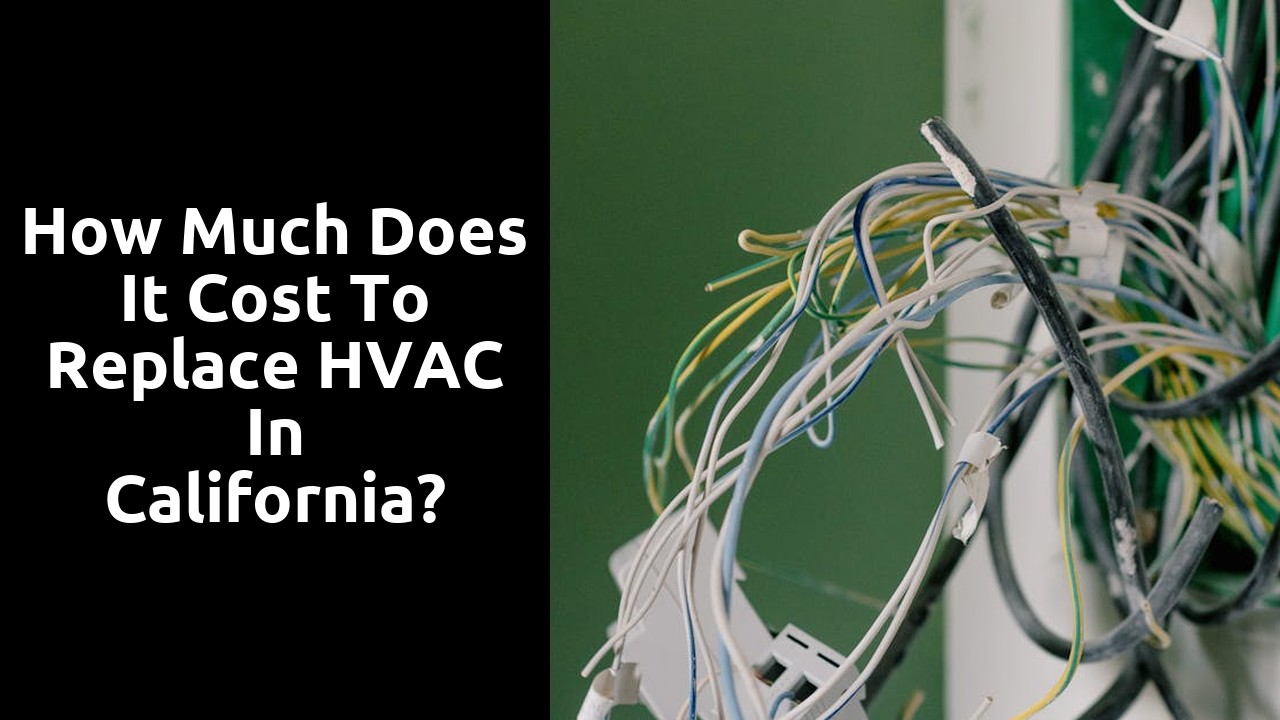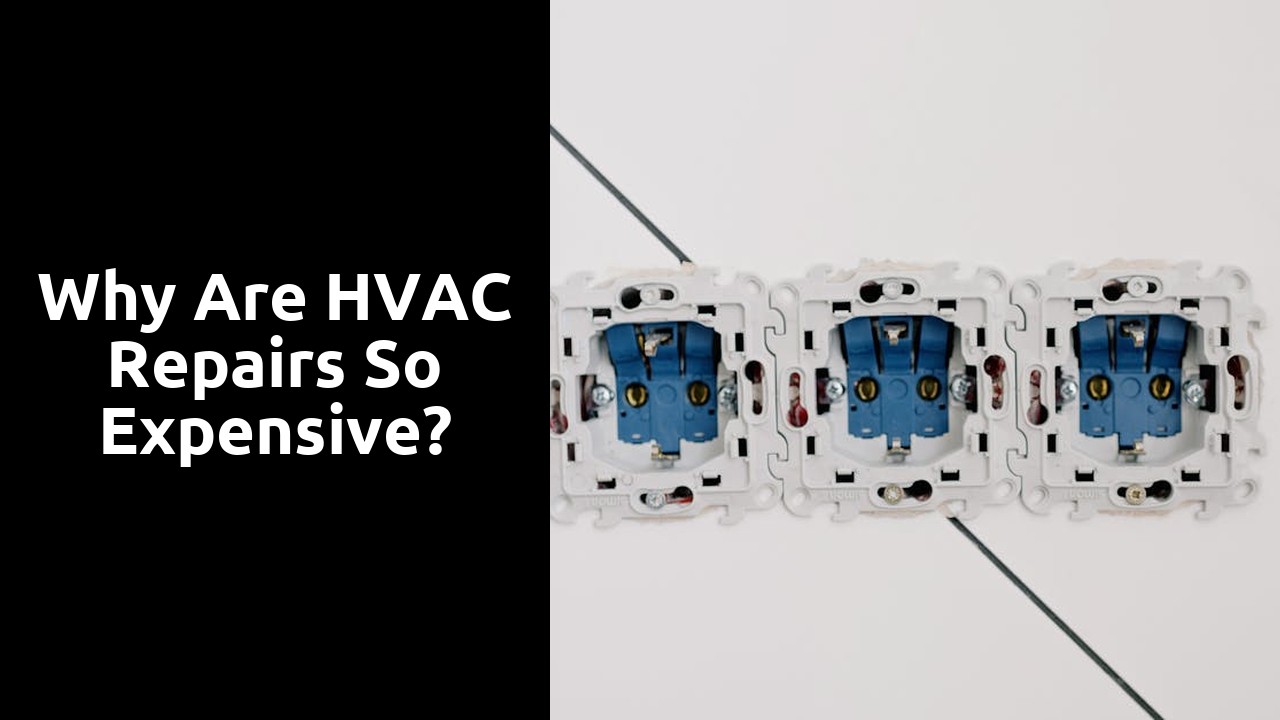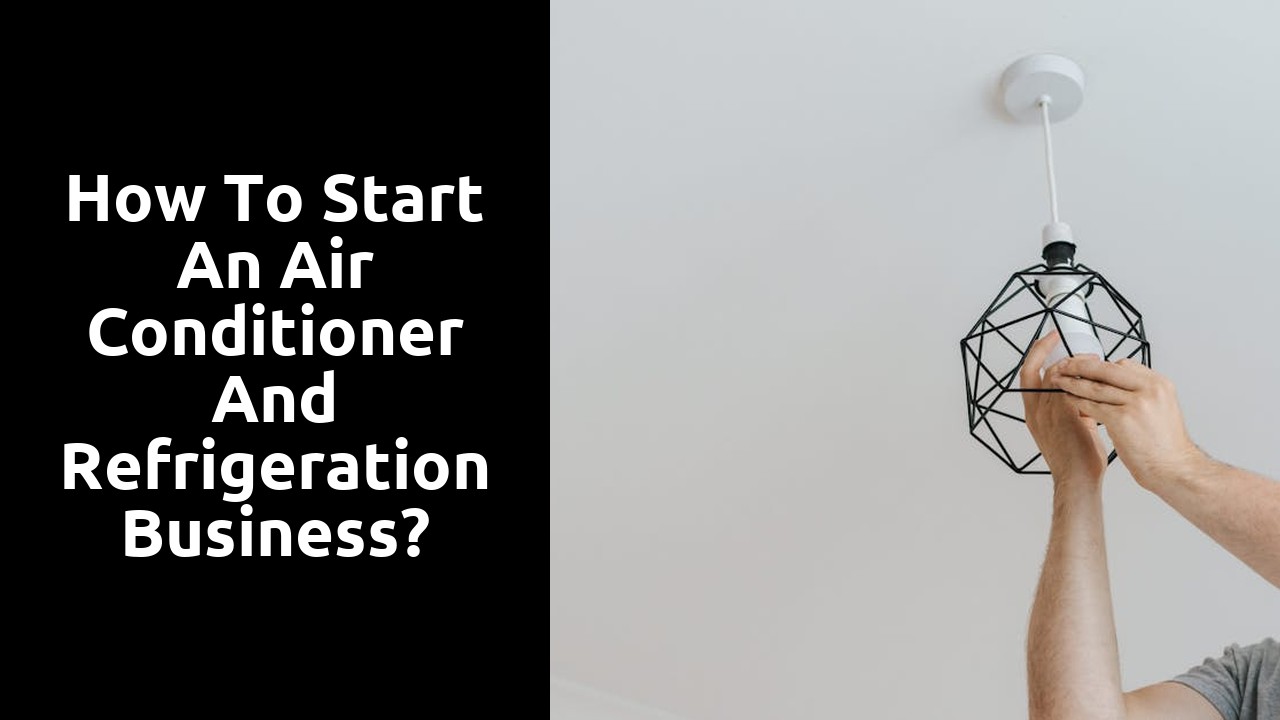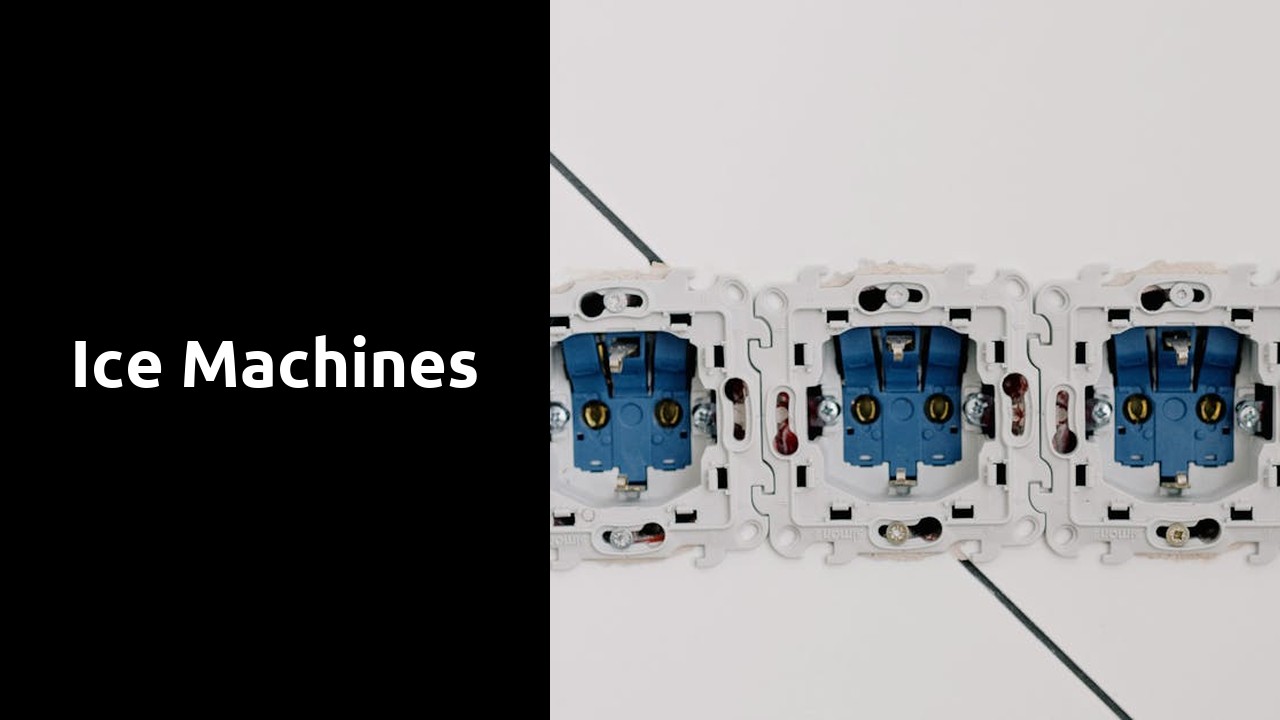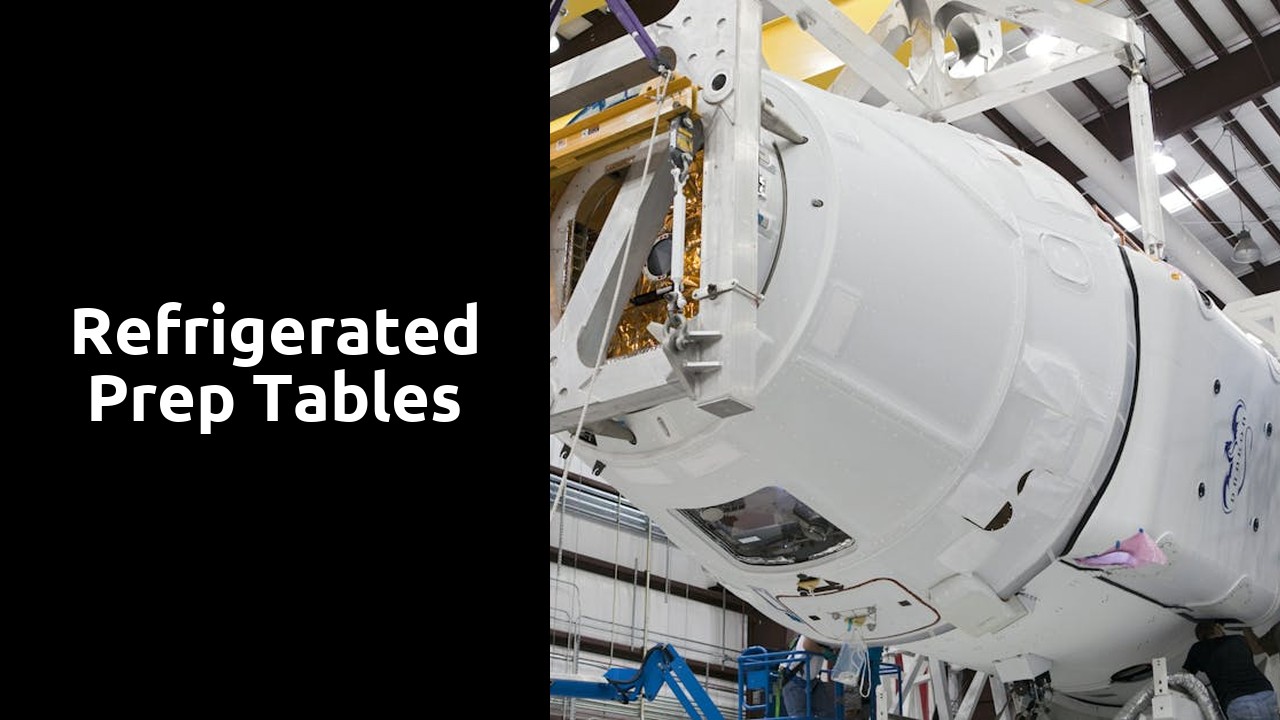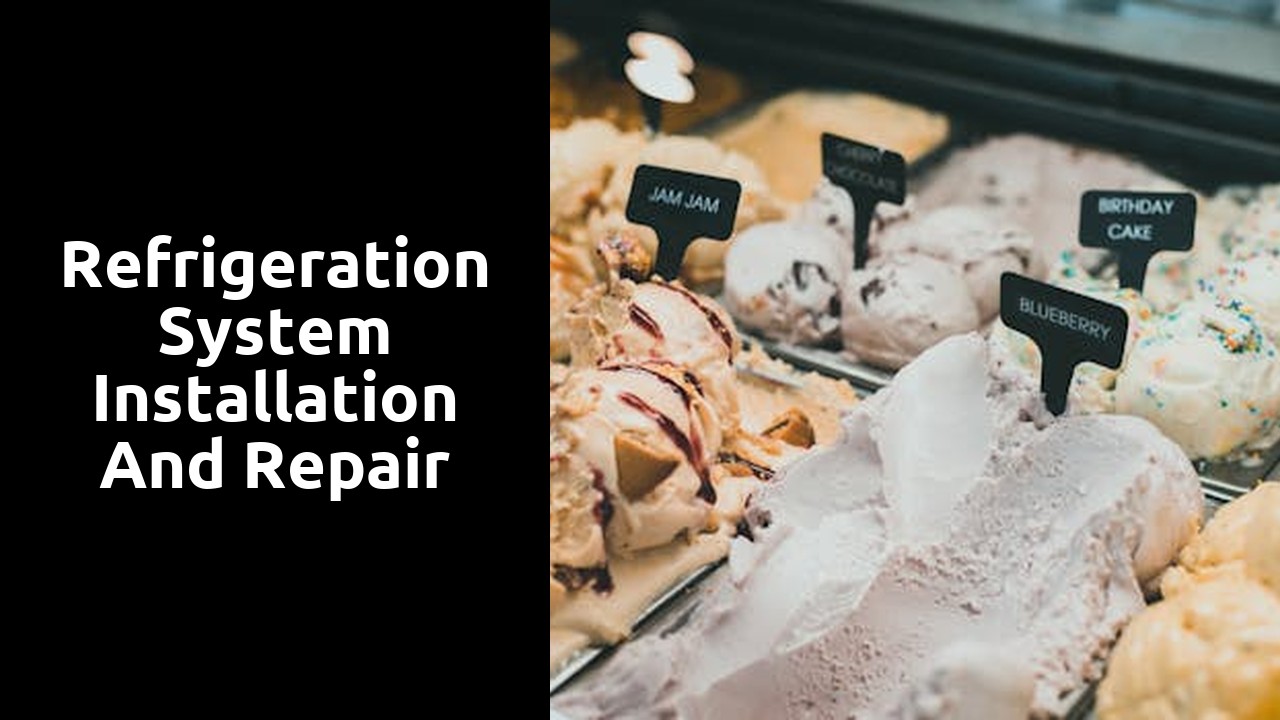
Refrigeration System Installation and Repair
As an HVAC Contractor, our team specializes in providing top-notch refrigeration system installation and repair services. Whether you need a new system installed for your commercial or residential property, or your existing system needs maintenance or repairs, we have the knowledge and expertise to get the job done efficiently and effectively. Our technicians are trained to work with a variety of refrigeration systems, ensuring that your system is installed correctly and operating at peak performance. We also offer prompt and reliable repair services to address any issues that may arise, keeping your system running smoothly and efficiently. Trust us to handle all of your refrigeration system needs with precision and professionalism.
Maintenance Tips for Extended Lifespan
Regular maintenance is crucial for ensuring the extended lifespan of your refrigeration system. By following a routine maintenance schedule, you can prevent costly breakdowns and keep your system running efficiently. One key maintenance tip is to clean the condenser coils regularly to remove dust, dirt, and debris that can obstruct airflow and cause the system to work harder than necessary. This simple task can improve energy efficiency and prolong the life of your refrigeration unit.
Another important maintenance tip is to check and replace air filters as needed. Clogged filters can restrict airflow and make the system less efficient, leading to increased energy consumption and potential damage to the compressor. By keeping the air filters clean and replacing them when necessary, you can ensure that your refrigeration system operates at peak performance and remains in good working condition for years to come.
Cleaning Condenser Coils Regularly
Cleaning condenser coils regularly is crucial for maintaining the efficiency of a refrigeration system. Over time, these coils can accumulate dust, dirt, and grime, which can hinder the system's ability to dissipate heat efficiently. When the condenser coils are dirty, the system has to work harder to cool the refrigerant, leading to increased energy consumption and potential damage to the compressor. Therefore, it is essential to make cleaning the condenser coils a part of your routine maintenance schedule.
To clean the condenser coils, start by disconnecting the power to the unit and removing any debris or obstructions around the coils. Then, use a soft brush or vacuum cleaner to gently remove the dirt and dust buildup on the coils. Be careful not to bend or damage the fins during the cleaning process. For more stubborn buildup, a commercial coil cleaner can be used following the manufacturer's instructions. Once the coils are clean, ensure that the area around the unit is clear to allow for adequate airflow. Regularly cleaning the condenser coils will not only prolong the lifespan of your refrigeration system but also help it operate more efficiently, saving you money on energy costs in the long run.
Troubleshooting Refrigeration Problems
Refrigeration systems are essential for preserving food and maintaining optimal temperatures in various settings. When troubleshooting refrigeration problems, it's crucial to first identify the issue accurately. One common problem is inadequate cooling, which can be caused by a variety of factors such as a malfunctioning thermostat, a dirty condenser coil, or low refrigerant levels. By systematically inspecting each component, technicians can pinpoint the root cause and proceed with necessary repairs.
Another frequent issue encountered in refrigeration systems is unusual noises coming from the unit. These noises could be a sign of a faulty compressor, loose components, or even improper installation. Conducting a thorough examination of the system while it's in operation can help pinpoint the source of the noise so that appropriate corrective measures can be taken. Remember, addressing refrigeration problems promptly not only ensures the system's efficiency but also prevents potential damages that could lead to costly repairs.
Addressing Compressor Failures
When faced with compressor failures in a refrigeration system, it is crucial to promptly address the issue to prevent further damage and ensure the system's functionality. One common cause of compressor failures is overheating, which can result from inadequate lubrication or restricted airflow. To address this, it is recommended to regularly check the system for any signs of overheating and ensure proper lubrication levels are maintained to keep the compressor running smoothly.
Another factor that can lead to compressor failures is electrical issues such as voltage fluctuations or power surges. To mitigate this risk, it is advisable to install surge protectors and voltage regulators to stabilize the power supply to the compressor. Additionally, regular inspections of the electrical components in the system can help identify and resolve any potential issues before they escalate into compressor failures. By staying proactive and attentive to these common causes, compressor failures can be minimized, extending the lifespan of the refrigeration system.
Energy Efficiency in Refrigeration
Energy efficiency is a crucial aspect of any refrigeration system, helping to reduce energy consumption and operating costs. One effective way to improve energy efficiency is by implementing proper insulation techniques. Ensulating refrigeration lines and equipment can help maintain consistent temperatures, reducing the workload on the system and lowering overall energy usage. By ensuring that all components are properly insulated, you can enhance the system's performance while also extending its lifespan.
Another key factor in enhancing energy efficiency in refrigeration is optimizing the settings and operation of the system. Adjusting temperature settings to the ideal levels and avoiding overcooling can significantly impact energy consumption. Regularly monitoring and maintaining the system can also ensure that it operates efficiently, thereby reducing overall energy usage. By incorporating these energy-saving practices into your refrigeration system maintenance routine, you can not only save on energy costs but also contribute to a more sustainable operation.
Implementing Proper Insulation Techniques
Proper insulation techniques play a crucial role in ensuring the efficiency and effectiveness of a refrigeration system. By implementing effective insulation methods, you can minimize energy loss and reduce the workload on the system. One key aspect of insulation is to choose the right materials that provide optimal thermal resistance to maintain consistent temperatures within the system.
Additionally, sealing any potential air leaks in the refrigeration system is essential to prevent the infiltration of warm air. Proper insulation around pipes, ducts, and other components helps in maintaining the desired temperature levels and prevents the system from overworking. By paying attention to insulation details and ensuring a tight seal, you can significantly improve the overall performance and energy efficiency of your refrigeration system.
FAQS
What are some maintenance tips for extending the lifespan of a refrigeration system?
Regularly clean condenser coils, check for leaks, ensure proper airflow, and schedule routine inspections by a professional technician.
How often should condenser coils be cleaned?
Condenser coils should be cleaned at least once every six months to maintain optimal efficiency and prevent potential breakdowns.
How can compressor failures be addressed in a refrigeration system?
Compressor failures can be addressed by checking for electrical issues, refrigerant leaks, and ensuring proper lubrication of moving parts. It is recommended to consult a qualified technician for compressor repairs.
How can energy efficiency be improved in a refrigeration system?
Energy efficiency in a refrigeration system can be improved by sealing leaks, upgrading to energy-efficient components, setting appropriate temperature levels, and implementing proper insulation techniques.
What are some proper insulation techniques to consider for a refrigeration system?
Proper insulation techniques include insulating pipes, doors, and walls to prevent heat transfer, using thermal curtains or barriers, and ensuring adequate ventilation to avoid overworking the system.
